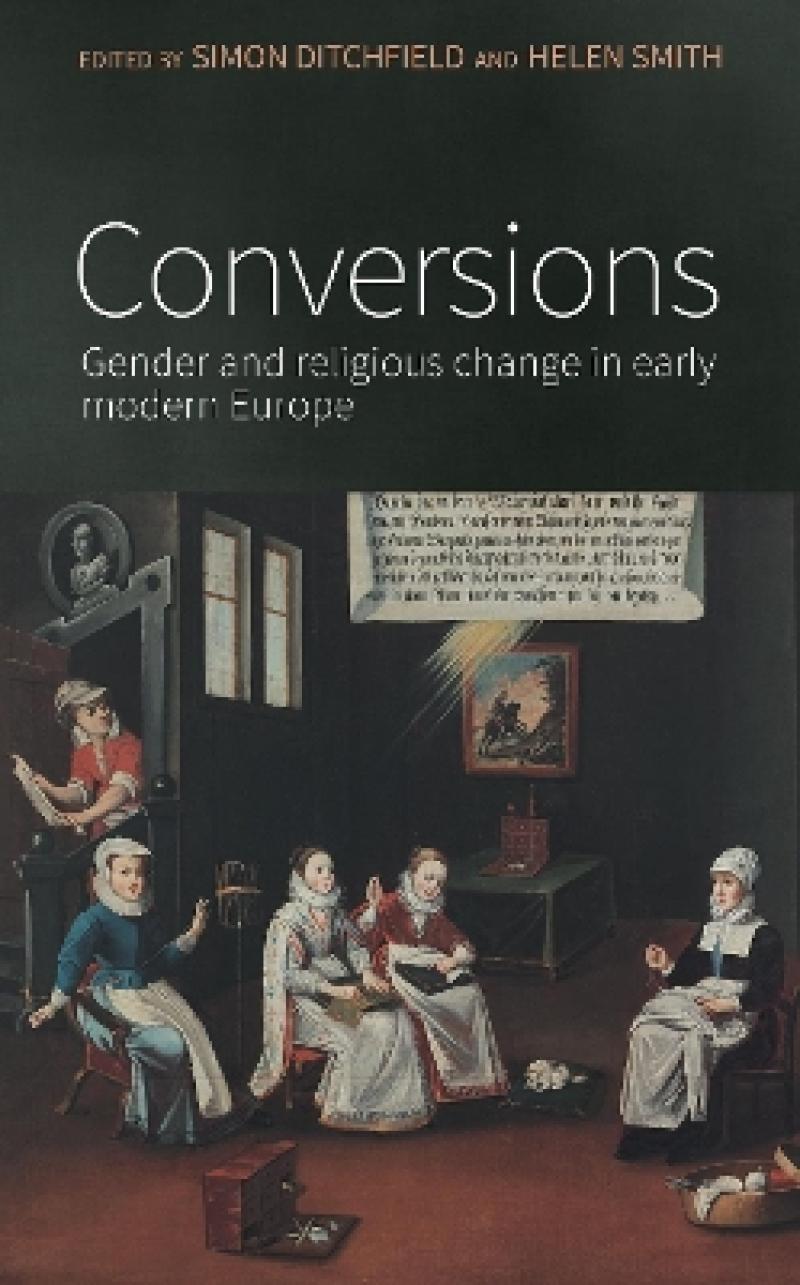<p>'This excellent collection of essays examines conversion at a time in which religious and theological uncertainties led to the reconfiguration of early modern European national identities. Ranging across regions and cities, from London to Venice, the essays also focus on issues of gender, hybridity and literary conventions. This book is an important addition to the growing body of scholarship on the study of the history of religion in Western Europe.'<br />Nabil Matar, University of Minnesota<br /><br />'This stimulating collection yields new insights into the fluid, unstable and creative relationship between gender and conversion in early modern Europe. Approaching the subject from a range of perspectives, it comprises a series of probing investigations of the nexus between religious subjectivity and gender identity against the backdrop of the Catholic and Protestant Reformations. A model of interdisciplinary dialogue and collaboration, it demonstrates compellingly how language, literature and culture reflected and shaped individual experiences of spiritual change.'<br /> Alexandra Walsham, University of Cambridge<br /><br />‘Offers an engrossing gallery of new work that makes a compelling case for embracing methodologically diverse approaches to the interface of gender and religious conversion in early modernity.’<br /><i>Professor Lowell Gallagher, Studies in English Literature</i></p>
- .,
Produktdetaljer
Biographical note
Simon Ditchfield is Professor of Early Modern History and Director of the Centre for Renaissance and Early Modern Studies at the University of York
Helen Smith is Professor of Renaissance Literature and Head of the Department of English & Related Literature at the University of York
